
Online MBA: Sustainability specialization
Dec. 1, 2026
Lead business with purpose and impact.
Lead business with purpose and impact.
The MBA with Sustainability specialization equips you to lead businesses in integrating environmental and social responsibility into their core strategies. You’ll gain expertise in sustainable operations, corporate social responsibility, and ethical leadership. You’ll gain cross-disciplinary AI skills - learning how to master AI tools and apply them across key areas of your field. You’ll work on real business challenges curated from the world’s leading organizations, and earn badges that demonstrate the skills you’ve built.
This 100% online program prepares you for roles such as Sustainability Manager, Corporate Social Responsibility Officer, Environmental Consultant, and Ethical Supply Chain Analyst.
Skills you will learn - and add to your résumé
An affordable MBA,
designed for you
With our pay-as-you-go model if you finish faster, you'll pay less.
- Affordable monthly payments
- No hidden fees - ever
- Pause or cancel anytime
- No fixed long-term contracts
Courses in the MBA w/specialization in Sustainability
























What’s it like to learn at Nexford?


Build skills by doing. Every course includes hands-on projects that mirror real workplace challenges like building financial models plans, data dashboards, or marketing strategies. You won’t just learn about it - you’ll practice doing it. And projects are often curated from the world's largest organizations.
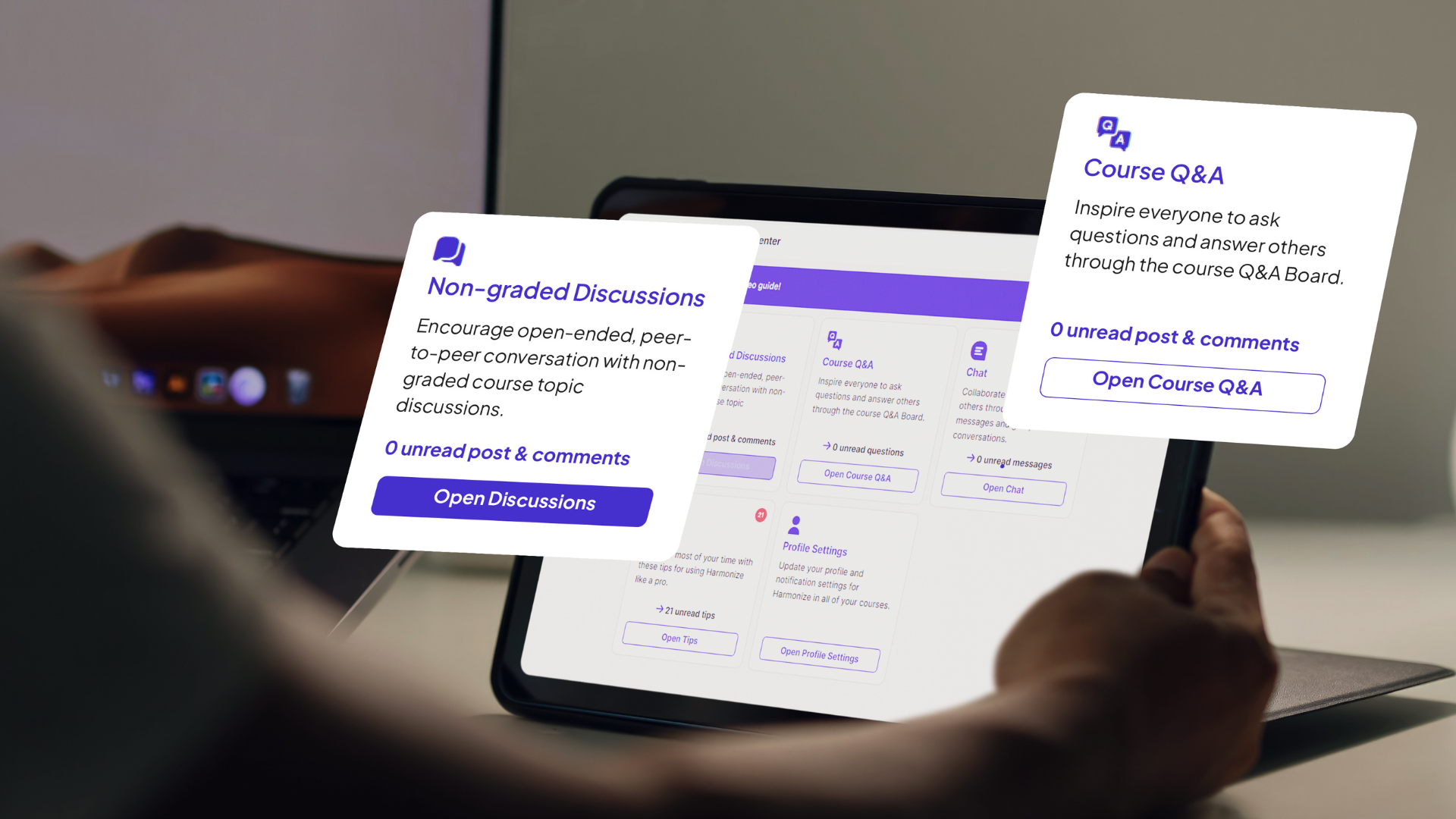
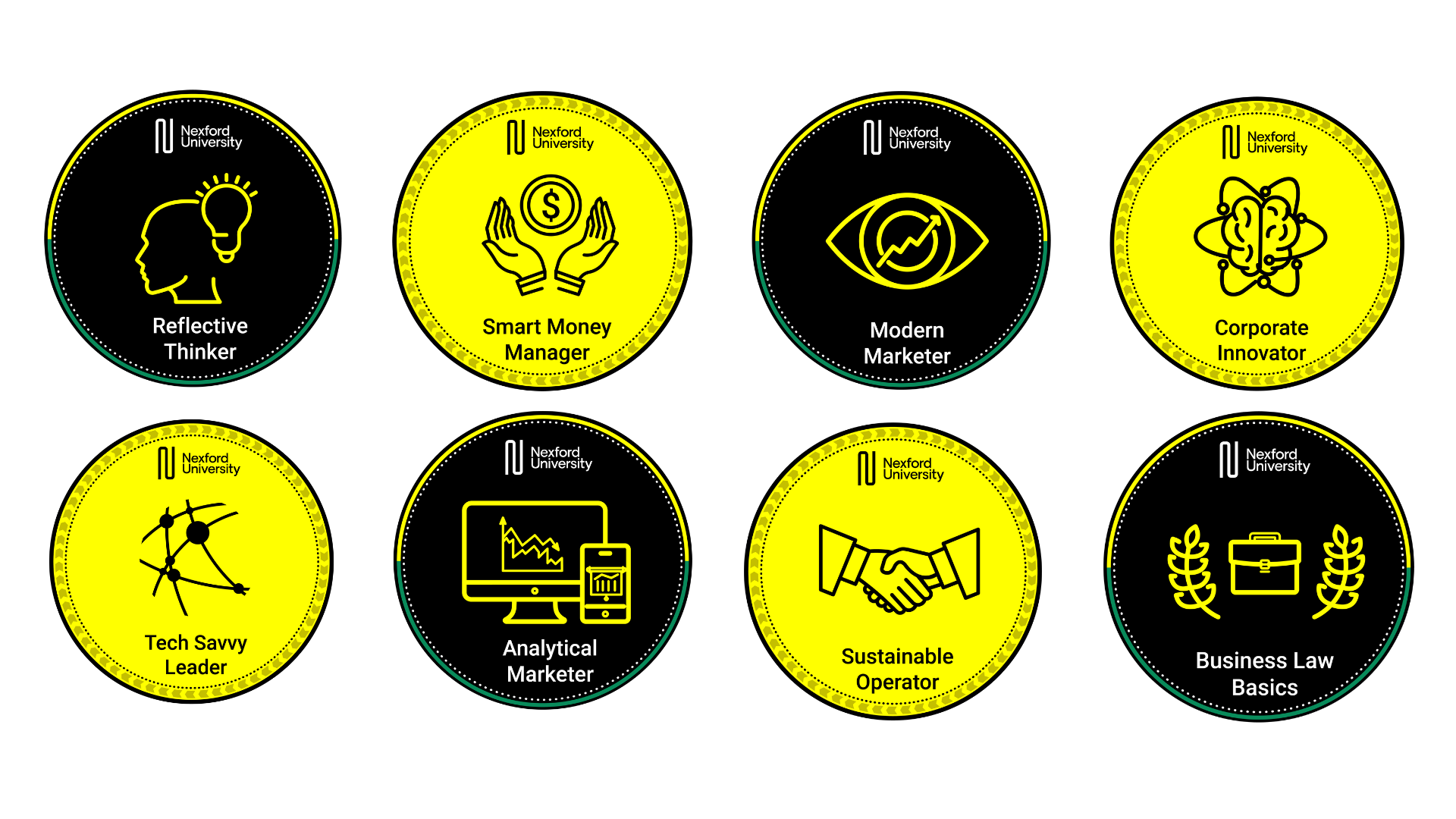

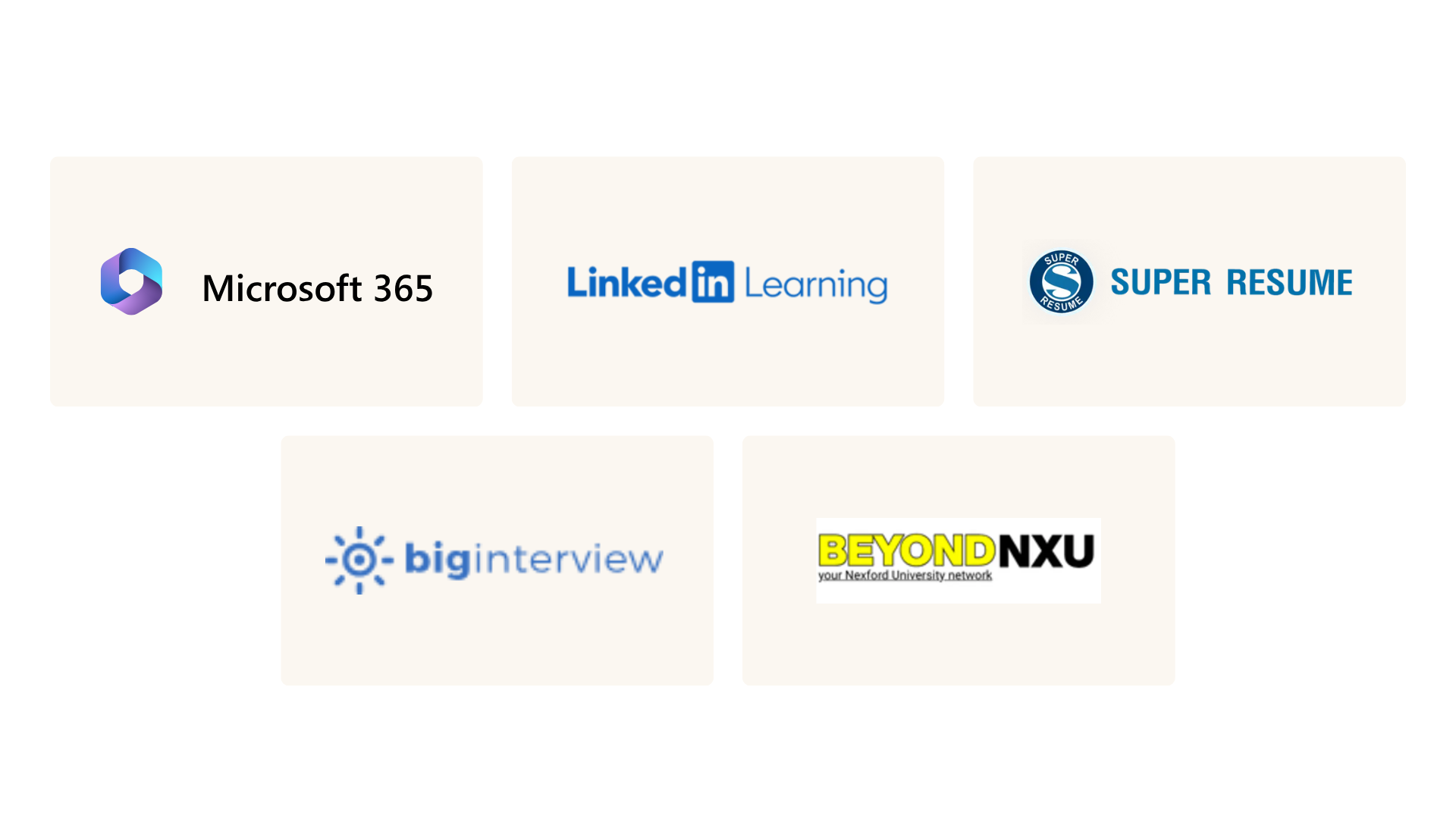
MBA Admission requirements
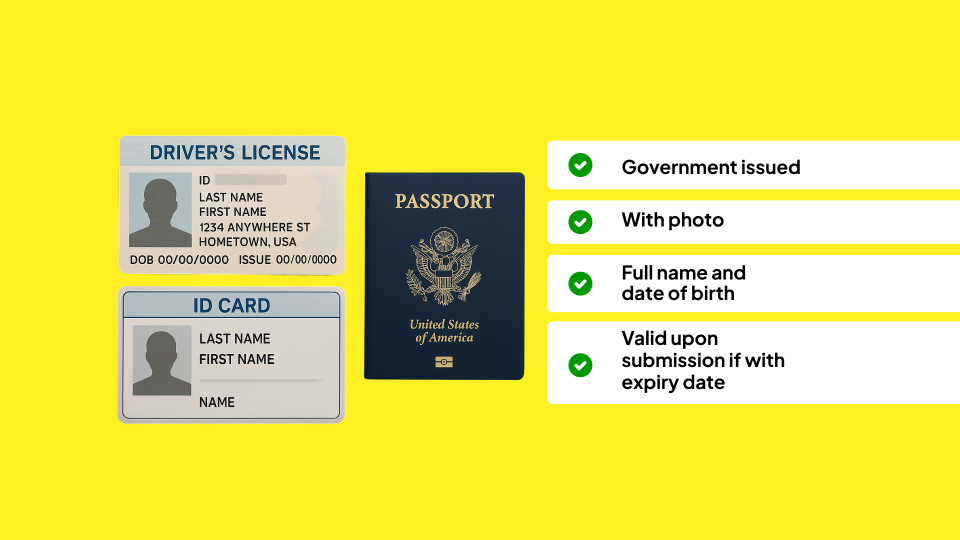


Where our learners work
























Join us for a free virtual tour
Join us live to see how learning at Nexford works, hear from alumni, and get your questions answered by current learners, faculty, and staff.


Your dedicated career success platform
Your dedicated career success platform




Finish faster with Nexford's 9 month MBA
Earn your MBA in just 9 months by completing courses faster and increasing your course load. Your progress is based on mastering skills – not spending time in class – because that’s what employers actually value. You can also graduate faster by transferring credits from prior education or even relevant work experience.
- Course load: 1 course
- Pace: 1 course per month
- Course load: 2 courses
- Pace: 2 courses per month
- Course load: 1 capstone course
- Pace: 1 course per month
Others block AI. We expect you to master it.
Real projects you'll complete in your MBA
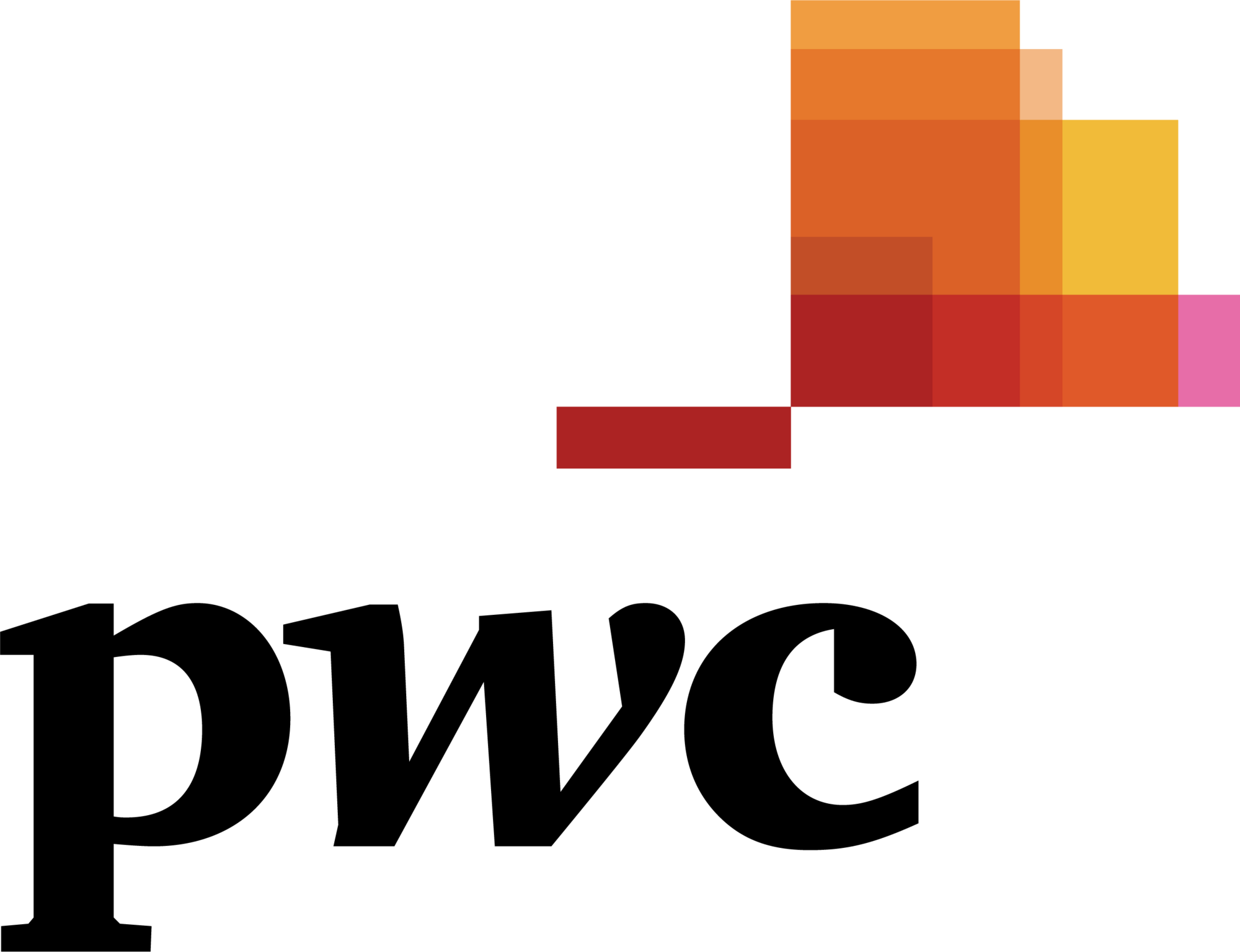





Your career outlook as an MBA graduate
- Strategy Consultant
- Chief Strategy Officer
- Head of Operations
- Chief Operating Officer
- FP&A Manager
- Financial Analyst
- Finance Business Partner
- Finance Manager
- General Manager
- People Operations Manager
- Projects Director
- Program Manager
- Marketing Manager
- Sales Director
- Business Development Manager
- Head of Partnerships












Other MBA specializations







Healthcare is evolving rapidly. The Nexford MBA in Healthcare Management equips clinicians with strategic, financial, and digital health skills to lead at the executive level. Delivered 100% online, it prepares you for leadership roles such as Healthcare Administrator, Hospital Director, or Health Systems Manager.
Hear from our alumni and their employers



Thank you so much for the opportunity to be part of Nexford University. My education there significantly helped me advance my career. Additionally, my MBA has been successfully recognized as equivalent in my home country, Indonesia.

As a current MBA student at Nexford University, i like the flexile modality of study especially for full time employees, also the project-based learning approach with updated syllabuses, real case studies with top tech companies like Amazon, Tesla , Toyota, Apple...etc. and affordable at the same time for low middle income countries students.
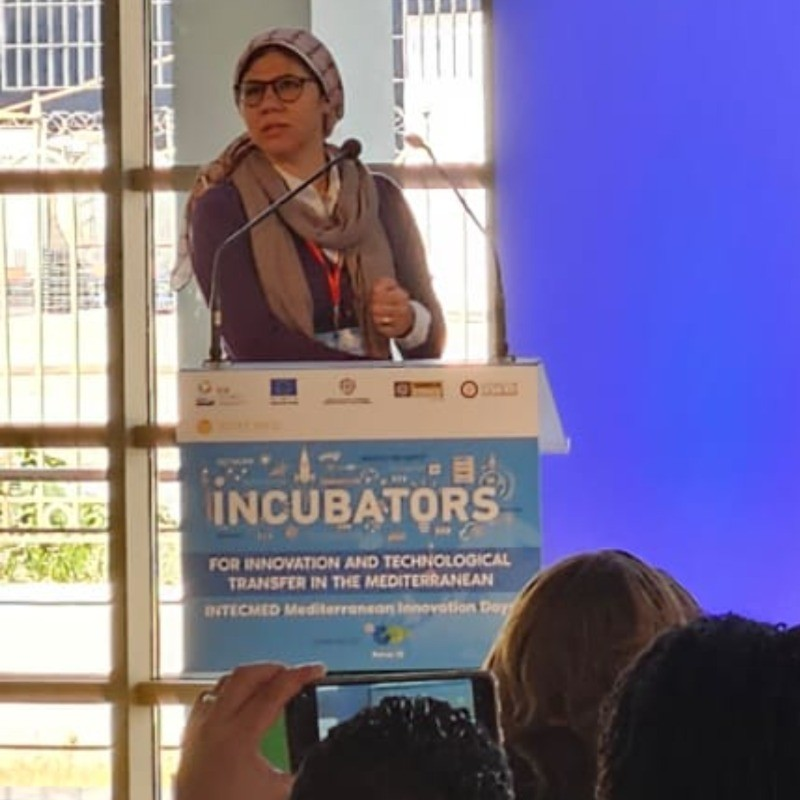
Meet your future faculty
Meet your future faculty
Learn from faculty who are also experienced business leaders, entrepreneurs, and subject-matter experts. Their real-world experience helps ensure what you’re learning is practical, career-relevant, and aligned with what employers actually need. Join live group sessions or book 1:1 time when you need support.
Nexford is accredited.

Nexford University is accredited by the Distance Education Accrediting Commission (DEAC).
The DEAC is listed by the U.S. Department of Education as a recognized accrediting agency and is recognized by the Council for Higher Education Accreditation (CHEA).
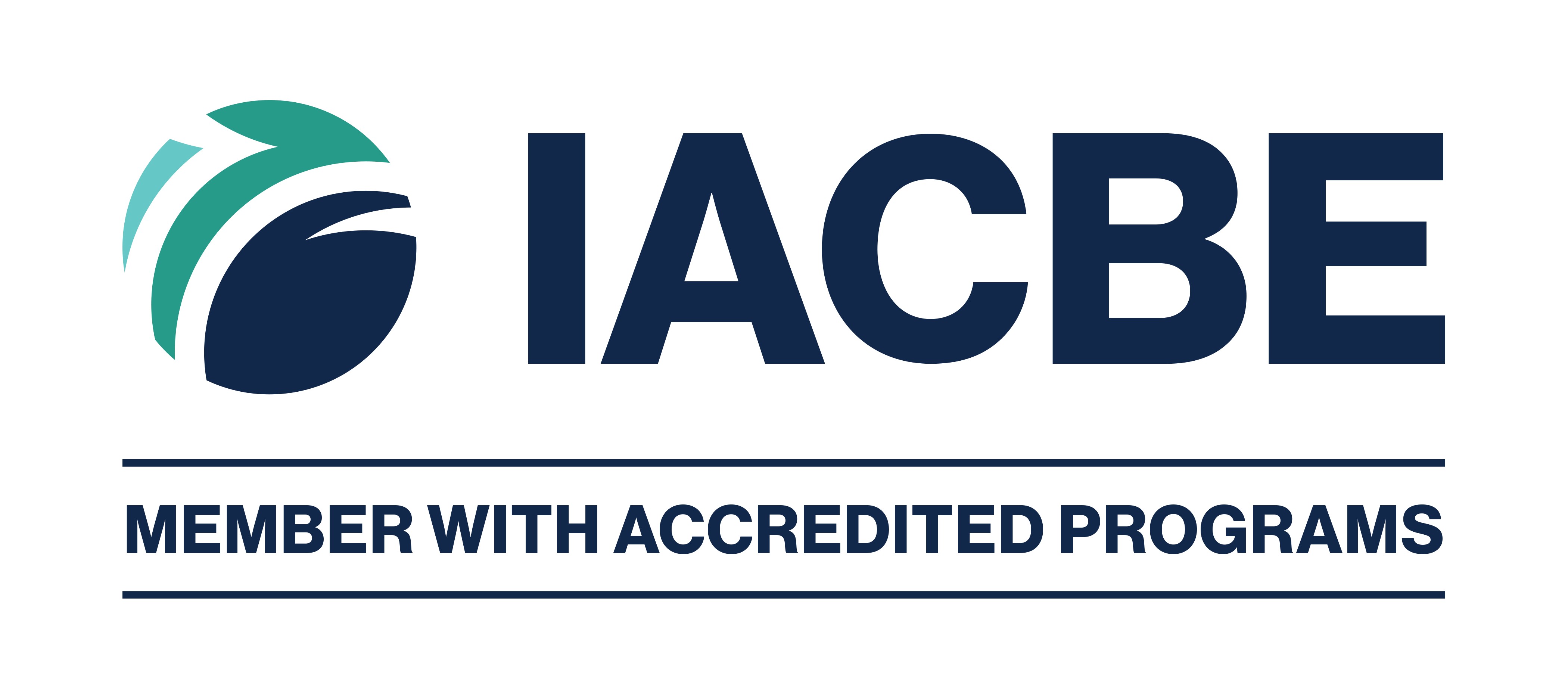

Nexford University is accredited by the Distance Education Accrediting Commission (DEAC).
The DEAC is listed by the U.S. Department of Education as a recognized accrediting agency and is recognized by the Council for Higher Education Accreditation (CHEA).







